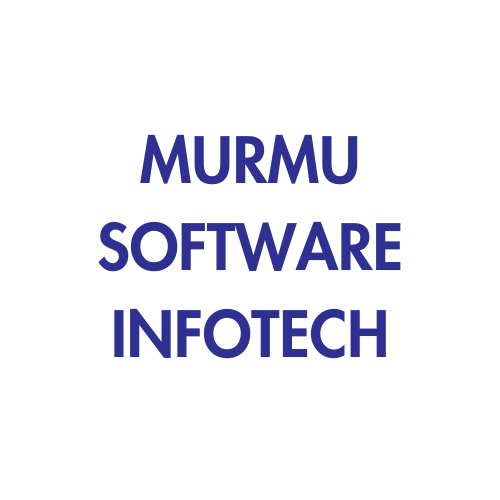The Role of Computer Software Developers in Real Estate Technology
In recent years, the real estate industry has witnessed a significant transformation driven by advancements in technology. Behind the scenes of this digital revolution are computer software developers who play a crucial role in developing innovative solutions that streamline processes, enhance efficiency, and improve customer experiences. This article explores the pivotal role of software developers in the realm of real estate technology.
Transform Your Real Estate Operations Today!
This CTA invites visitors to explore how advanced software solutions can streamline their real estate operations, emphasizing transformation and improvement.
Evolution of Real Estate Technology
Real estate technology, often referred to as PropTech (Property Technology), encompasses a wide range of software solutions designed to address the diverse needs of the industry. From property management and CRM (Customer Relationship Management) systems to virtual tours and predictive analytics, technology has reshaped how properties are marketed, managed, and transacted. This evolution has been propelled by the expertise and ingenuity of software developers who continually innovate to meet the demands of modern real estate professionals and consumers.
Explore Cutting-Edge Real Estate Technology!
Focusing on innovation, this CTA encourages visitors to start exploring cutting-edge technology solutions tailored for the real estate industry.
Key Responsibilities of Real Estate Software Developers
1. Development of Property Management Systems:
Property management systems are essential tools that enable real estate professionals to oversee property portfolios efficiently. Software developers design and build these systems to automate tasks such as rent collection, maintenance scheduling, tenant communication, and financial reporting. These systems centralize data, streamline workflows, and improve operational transparency.
2. Creation of CRM and Marketing Tools:
CRM systems tailored for real estate empower agents and brokers to manage client relationships effectively. Developers integrate features like lead management, email marketing automation, and client communication tools into these platforms. By leveraging data analytics, real estate professionals can personalize marketing efforts, track buyer and seller preferences, and optimize their sales strategies.
3. Development of Virtual Reality (VR) and Augmented Reality (AR) Solutions:
Virtual and augmented reality have revolutionized property viewings and marketing. Software developers create immersive VR tours and AR applications that allow prospective buyers and tenants to explore properties remotely. These technologies provide a realistic visualization of spaces, enhancing decision-making and reducing the need for physical visits.
4. Integration of Data Analytics and Predictive Technologies:
Data-driven insights are invaluable in real estate decision-making. Developers incorporate data analytics tools to analyze market trends, property performance metrics, and customer behavior. Predictive technologies help forecast property values, rental yields, and market demand, enabling stakeholders to make informed investment decisions.
5. Implementation of Security and Compliance Measures:
Handling sensitive information such as property details and financial transactions requires robust security measures. Software developers implement encryption protocols, secure authentication methods, and compliance with data protection regulations (e.g., GDPR) to safeguard client and organizational data.
Optimize Your Real Estate Strategy with Tech!
Highlighting optimization, this CTA prompts visitors to delve deeper into how software development can enhance their real estate strategy and operations.
Benefits of Real Estate Software Development
– Enhanced Efficiency:
Automation of routine tasks reduces administrative burden and improves productivity.
– Improved Customer Experiences:
Advanced technology enhances property search, viewing experiences, and customer service interactions.
– Data-Driven Decision Making:
Analytics and predictive insights enable informed business decisions and strategic planning.
– Competitive Advantage:
Adopting innovative technology distinguishes real estate firms in a competitive market, attracting tech-savvy clients and investors.
Conclusion
In conclusion, computer software developers are instrumental in driving innovation and efficiency within the real estate industry. Their expertise in developing tailored software solutions empowers real estate professionals to streamline operations, enhance customer experiences, and gain a competitive edge. As technology continues to evolve, the role of software developers will remain pivotal in shaping the future of real estate technology and meeting the evolving needs of industry stakeholders.
Investing in skilled software developers is crucial for real estate firms looking to harness the power of technology to optimize processes, engage clients, and achieve business objectives effectively. By leveraging innovative software solutions, the real estate industry can navigate challenges, capitalize on opportunities, and pave the way for sustainable growth in the digital age.

